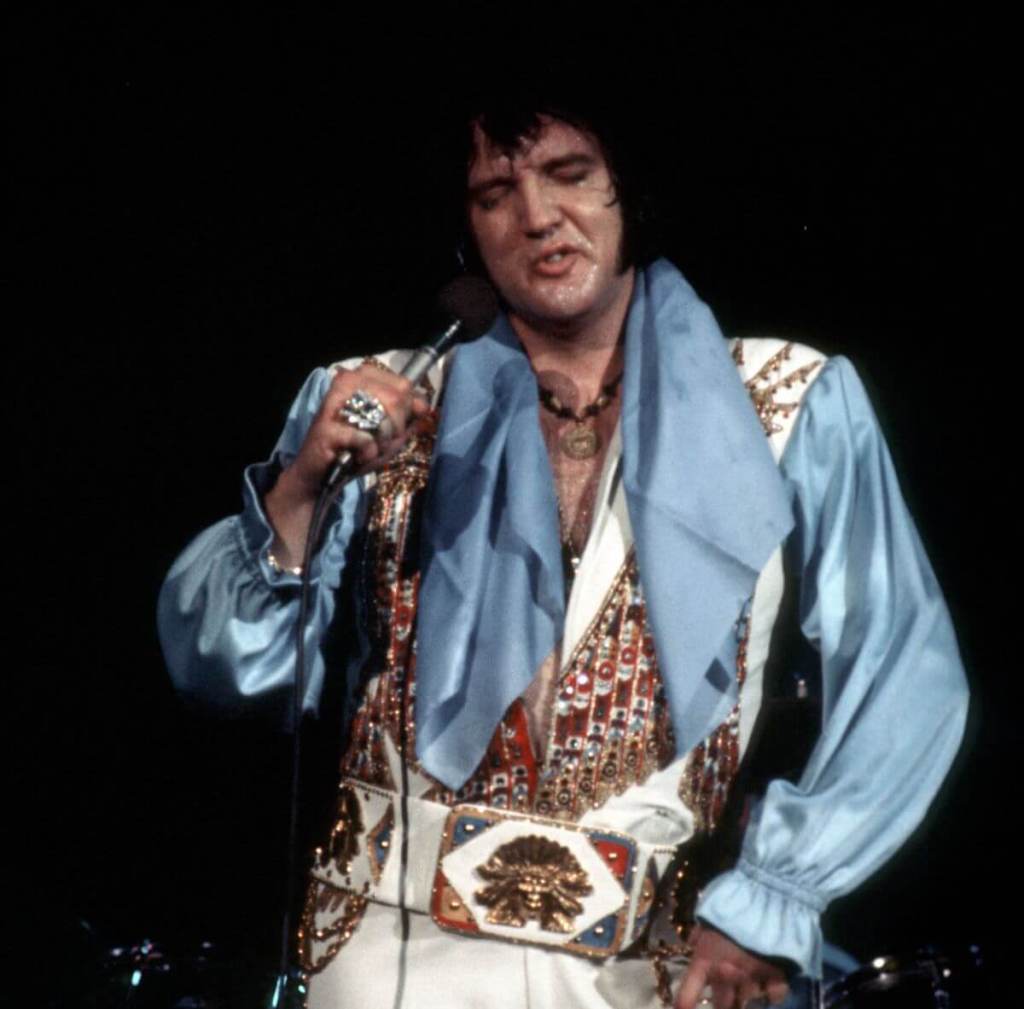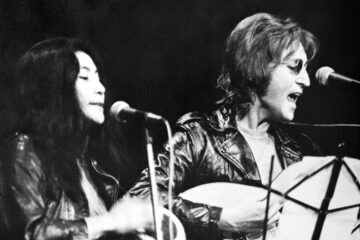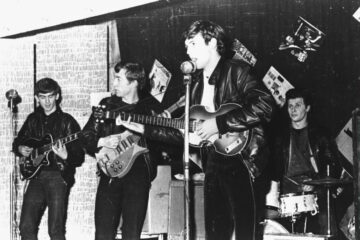In the mid-1970s, Elvis Presley felt stuck in a career rut, and his performances suffered as a result. His manager, Colonel Tom Parker, made it impossible for him to pivot into work he found interesting, such as producing or acting in dramatic films. As a result, he felt trapped and frustrated. Elvis tried to update his performances, but the efforts only pushed him into self-parody.
Priscilla Presley did not think Elvis Presley’s later performances reflected his talent
While she was in a relationship with Elvis, Priscilla Presley witnessed him deal with a career slump. After their divorce, she saw him go through the same thing. He had been touring and playing shows in Las Vegas for several years and grew tired of doing the same things over and over again. He began dressing and behaving in over-the-top fashions as a way to freshen up his routine.
“The style, grace, and pride that for the past eight years had been the hallmark of a Presley live performance now bordered on self-parody,” Priscilla wrote in her book Elvis and Me. “Frustrated with the lack of challenge of each passing show, Elvis resorted to sheer flamboyance, symbolized by his costumes, each more elaborate than the one before, loaded with an overabundance of fake stones, studs, and fringes. There were voluminous capes and cumbersome belts to match.”
Priscilla believed that Elvis’ new, extreme way of dressing completely overshadowed his musical performance.
“He was performing in garb that added thirty-five pounds to his weight,” she wrote. “It was as if he were determined to upstage himself rather than relying on his raw talent.”
Elvis Presley refused to accept criticism about his performances
Priscilla wasn’t the only one who thought Elvis’ performances were disappointing. His manager, family, and entourage found his behavior concerning. When they tried to raise this with them, though, he brushed them off entirely.
“One of the guys actually told Elvis he was beginning to look more like a Liberace act in the hope that Elvis would take the hint and come to his senses and rely on just his talent,” Priscilla wrote. “But from the beginning, Elvis had insisted: ‘I just want to read positive reviews. I don’t want to hear any negativity.’”
He kept himself shielded from negative reviews, so he didn’t know that he had to change anything.
His fans still stuck by his side
Despite the concern of Elvis’ camp, his fans remained loyal to him. To Priscilla, it seemed that there was little he could do to turn them away.
“No matter what he did, his fans still cheered him on,” she wrote. “They were faithful to him through good performances and bad, and eventually their love was the only real gratification he received. They endorsed everything he did.”
She believed that Elvis’ loyal fans warped his sense of how things were going. He believed he was still a success, while it was clear to others that he was on the brink of collapse.
“Maybe as long as he was getting their cheers, he thought he was doing fine,” he wrote. “But in fact, Colonel Parker was right when he told Elvis that he’d better get himself straightened out or his whole career would go down the drain.”



